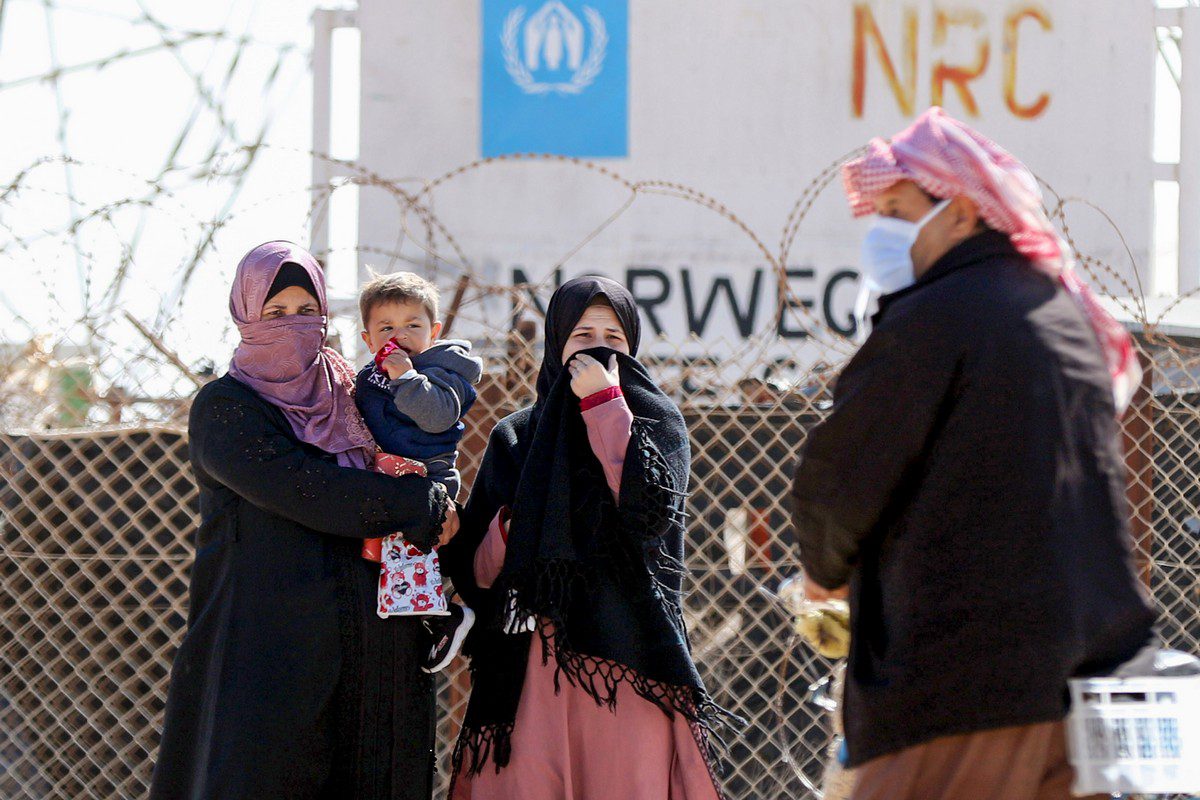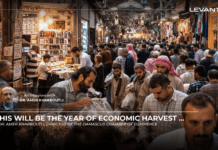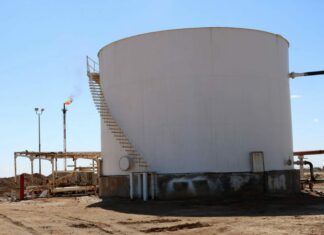
Syrian refugees in Jordan are facing growing uncertainty as international aid cuts threaten to reduce essential services, including food and electricity, while increased fees for work permits and social security have made it even more difficult for refugees to sustain themselves. Jordanian Foreign Minister Ayman Safadi underscored the gravity of the situation during a joint press conference with German Foreign Minister Annalena Baerbock on September 5, where he expressed Jordan’s inability to shoulder the burden of refugee care without continued international support.
Safadi’s remarks come as the UN World Food Programme (WFP) and other international organizations have been forced to slash assistance due to funding shortfalls, leaving many of Jordan’s approximately 624,000 Syrian refugees without the means to cover basic needs.
“If electricity is cut off from refugee camps due to lack of support, Jordan will not be able to provide it. We are a country with limited capabilities,” Safadi said. “Our first responsibility is to our own people. We will do everything we can to provide a decent life for the refugees, but without international support, we cannot meet their needs alone.”
International aid to Jordan, a key host country for Syrian refugees, has declined in recent years. The WFP announced in mid-July that it was suspending food assistance to about 17,000 Syrian refugee families in Jordan. This follows a previous reduction in food aid to 100,000 refugees in camps, bringing their monthly stipend to just 15 Jordanian dinars (approximately $21) per person. The WFP has cited a $105 million funding gap as the reason for the cuts.
The reduced aid has significantly impacted refugees, most of whom live outside the camps in cities like Amman, Zarqa, and Irbid. According to the United Nations High Commissioner for Refugees (UNHCR), 81.5% of registered refugees in Jordan live outside camps, where they face high living costs, including rent and utilities, without sufficient income or international assistance.
The situation is particularly dire as Jordan’s government has introduced higher fees for work permits, making it harder for refugees to obtain legal employment. Starting in July, Syrians renewing their work permits were faced with costs of more than 500 Jordanian dinars ($700), up from the previous fee of just 10 dinars. This leads to mounting debts, as refugees who fail to pay the new fees are automatically enrolled in Jordan’s Social Security Corporation, with rising monthly payments for non-refundable “social security.”
The steep rise in work permit fees and social security costs marks a shift away from the Jordan Compact, a 2016 agreement that allowed Syrian refugees to access the labor market with reduced permit fees, funded by foreign donors. The compact was celebrated internationally for treating refugees as an economic opportunity rather than a burden. However, eight years later, the program is facing major challenges as international funding declines.
Fewer than 20% of Syrian refugees in Jordan have been able to obtain work permits under the compact, and the recent policy changes have made it even more difficult for refugees to work legally. The cuts in international aid and increased costs for work permits have compounded the hardships faced by Syrian refugees in Jordan. Many are struggling to afford basic necessities like food and rent, and the uncertainty surrounding international support has left them feeling vulnerable. The UNHCR has warned that its cash assistance program, which is crucial for many families, faces a shortfall of $15.9 million. Without this aid, many refugees could face eviction or even homelessness.
Jordan, long praised for its generosity in hosting refugees, finds itself in a difficult position as international attention shifts to other crises. The Jordanian government has repeatedly called on the international community to step up its support, warning that it cannot continue to provide for refugees without external help.
Recently talk of “refugee returns” has gained traction. Jordan has hinted at the possibility of “facilitating returns,” though the political and security situation in Syria remains unstable. In July, Jordanian Interior Minister Mazen Al-Faraya stated that “the priority of [our] government is its people, not the refugees,” raising concerns about potential future policies that could push refugees to return to Syria.








